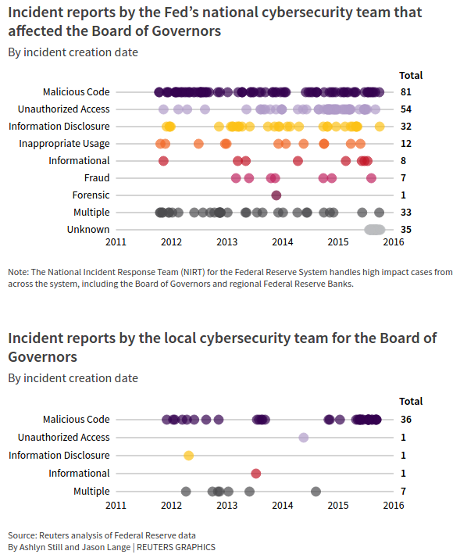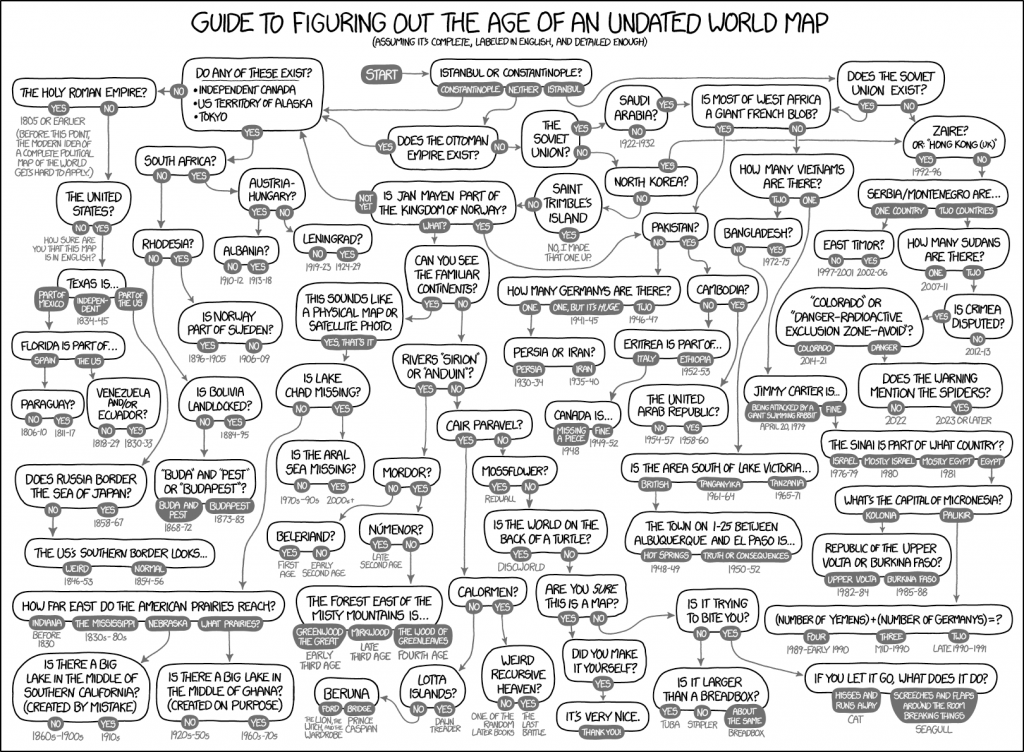Law Enforcement Lobby Succeeds In Killing California Transparency Bill by Kit O’Connell.
From the post:
A California Senate committee killed a bill to increase transparency in police misconduct investigations, hampering victims’ efforts to obtain justice.
Chauncee Smith, legislative advocate at the ACLU of California, told MintPress News that the state Legislature “caved to the tremendous influence and power of the law enforcement lobby” and “failed to listen to the demands and concerns of everyday Californian people.”
California has some of the most secretive rules in the country when it comes to investigations into police misconduct and excessive use of force. Records are kept sealed, regardless of the outcome, as the ACLU of Northern California explains on its website:
“In places like Texas, Kentucky, and Utah, peace officer records are made public when an officer is found guilty of misconduct. Other states make records public regardless of whether misconduct is found. This is not the case in California.”
“Right now, there is a tremendous cloud of secrecy that is unparalleled compared to many other states,” Smith added. “California is in the minority in which the public do not know basic information when someone is killed or potentially harmed by those are sworn to serve and protect them.”
In February, Sen. Mark Leno, a Democrat from San Francisco, introduced SB 1286, the “Enhance Community Oversight on Police Misconduct and Serious Uses of Force” bill. It would have allowed “public access to investigations, findings and discipline information on serious uses of force by police” and would have increased transparency in other cases of police misconduct, according to an ACLU fact sheet. Polling data cited by the ACLU suggests about 80 percent of Californians would support the measure.
But the bill’s progress through the legislature ended on May 27, when it failed to pass out of the Senate Appropriations committee.
“Today is a sad day for transparency, accountability, and justice in California,” said Peter Bibring, police practices director for the ACLU of California, in a May 27 press release.
…
Mistrust between police officers and citizens makes the job of police officers more difficult and dangerous, while denying citizens the full advantages of a trained police force, paid for by their tax dollars.
The state legislature, finding sowing and fueling mistrust between police officers and citizens has election upsides for them, fans those flames with secrecy over police misconduct investigations.
Open, not secret (read grand jury) proceedings where witnesses can be fairly examined (unlike the deliberately thrown Michael Brown investigation), can go a long way to re-establishing trust between the police and the public.
Members of the community know when someone was a danger to police officers and others. Whether their family members will admit it or not. Likewise, police officers know which officers are far to quick to escalate to deadly force. Want better community policing? What better citizen cooperation? That’s not going to happen with completely secret police misconduct investigations.
So the State of California is going to collect the evidence, statements, etc., in police misconduct investigations, but won’t share that information with the public. At least not willingly.
Official attempts to break illegitimate government secrecy failed. Even if it had succeeded you’d be paying least $0.25 per page plus a service fee.
Two observations about government networks:
- Secret (and otherwise) government documents are usually printed on networked printers.
- Passively capturing Ethernet traffic (network tap) captures printer traffic too.
Whistle blowers don’t have to hack heavily monitored systems, steal logins/passwords, leaking illegally withheld documents is within the reach of anyone who can plug in an Ethernet cable.
There’s a bit more to it than that, but remember all those network cables running through the ceiling, walls, closets, the next time your security consultant, assures you of your network’s security.
As a practical matter, if you start leaking party menus and football pools, someone will start looking for a network tap.
Leak when it makes a significant difference to public discussion and/or legal proceedings. Even then, look for ways to attribute the leak to factions within the government.
Remember the DoD’s amused reaction to State’s huffing and puffing over the Afghan diplomatic cables? That sort of rivalry exists at every level of government. You should use it to your advantage.
The State of California would have you believe that government information sharing is at its sufferance.
I beg to differ.
So should you.






